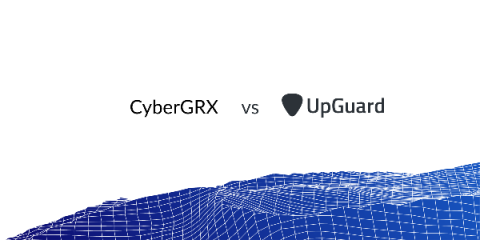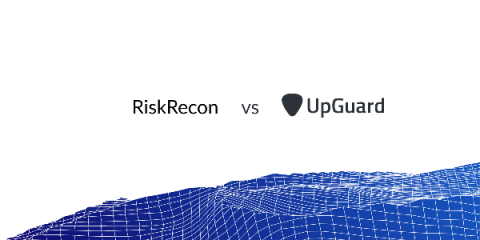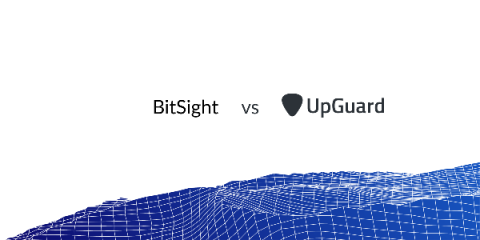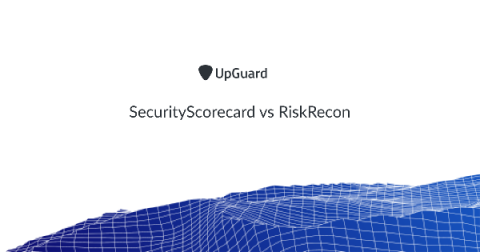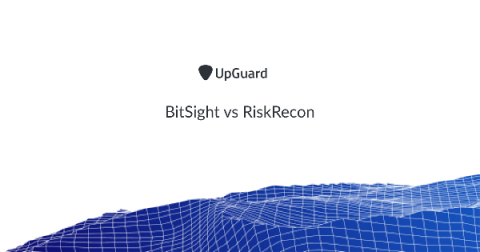Security | Threat Detection | Cyberattacks | DevSecOps | Compliance
Risk Management
CyberGRX vs UpGuard Comparison
Robust vendor risk management practices has never been more important. It is increasingly one of the top concerns of CISOs around the world. This is because outsourcing, digitization, and globalization have changed the way we do business over the last few decades. These forces have led to innovation in products and services, the ability to focus on core competencies, reduced costs, and new global markets.
What Are SOX Compliance Requirements?
The Sarbanes-Oxley (SOX) Act was signed into law on July 30, 2002. The law drafted by congressmen Paul Sarbanes and Michael Oxley aimed to improve corporate financial governance and accountability while protecting shareholders from accounting errors and fraudulent activity. The real fuel for the SOX law came from the inappropriate financial conduct of three large companies Enron, Tyco, and WorldCom.
RiskRecon vs UpGuard Comparison
There are a lot of security ratings providers now, and choosing the right one can be overwhelming. That's why we wrote this post to make it as easy as possible to help you compare RiskRecon and UpGuard. Regardless of whether you're a CISO, Vice President of Security or an individual contributor, it's safe to say you understand how important cybersecurity risk management is.
IRM, ERM, and GRC: Is There a Difference?
Risk management has become a veritable alphabet soup. The advent of the digital age is partly to blame. Virtually every organization is “going digital,” in a growing number of areas. Retail is now “e-tail”; manufacturing plants are increasingly automated; nearly every step of the hiring and contracting process happens online, from the application process to background checks to payroll and beyond.
BitSight vs UpGuard Comparison
There are a lot of security ratings platforms out there, and choosing the right one can be overwhelming. We've written the post to make it as easy as possible for you to compare BitSight and UpGuard. Regardless of whether you're a CISO, Vice President of Security or an individual contributor, it's safe to say you understand the importance of cybersecurity risk management.
COVID-19: Response and Preparedness through the lens of Risk Management
The old adage warns “An ounce of prevention is worth a pound of cure.” The saying becomes even more pointed for threats that, unfortunately, do not yet have a cure. But the lessons of risk management offer a path forward, where prevention takes the form of avoiding, mitigating or reducing risks. As people and organizations confront COVID-19, the novel threat has inspired an array of new strategies to combat the pandemic.
SecurityScorecard vs RiskRecon Comparison
Chances are you understand the impact of poor risk management, particularly third-party risk management and vendor risk management, on your organization's reputation. Technology has increased the speed and scale of commerce and communication, and in turn, has increased your organization's exposure to cybersecurity risk, particularly cyber threats that lead to data breaches and cyber attacks.
Attackers Taking Advantage of the Coronavirus/COVID-19 Outbreak
BitSight vs RiskRecon
Whether you're a CISO, Vice President or individual contributor, you understand that information technology has changed how we do business, for better and for worse. Technology has brought speed, scale, and better customer experience to all aspects of commerce and communication, but it has also increased cybersecurity risk, particularly data breaches, cyber attacks, and other cyber threats.



